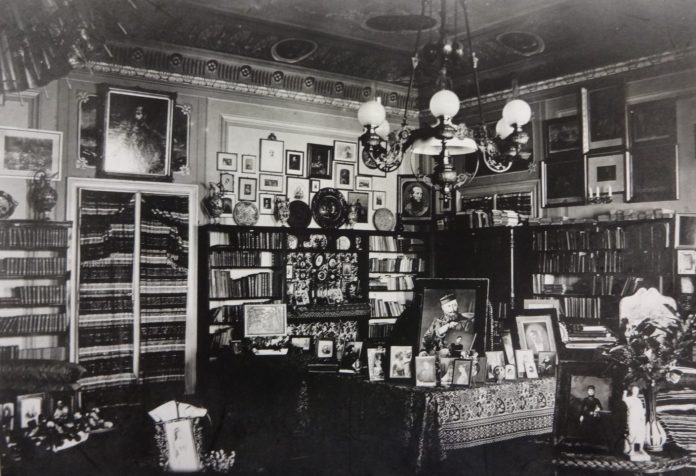by InTrieste
In the dimly lit, book-lined interior of the Antico Caffè San Marco, a historical gathering spot for intellectuals and revolutionaries alike, an evening of reflection on a little-known chapter of Trieste’s past will unfold. On Tuesday, March 18, at 6:00 p.m., the cultural association “Società internazionale di divulgazione Manlio Cecovini” will host its latest lecture, delving into the intersection of Theosophy and the city’s bourgeoisie from the late 19th century to the postwar years.
Leading the discussion is Marina Silvestri, a journalist and author whose research traces the influence of Theosophy within some of Trieste’s most prominent families. Her lecture, titled “From Consul Burton to Baroness Economo: Traces of Theosophy in the Biographies of Trieste’s Bourgeois Families,” promises to shed light on the esoteric movement’s unexpected impact on the city’s intellectual and entrepreneurial elite.
Theosophy, a spiritualist philosophy founded in the late 19th century, found fertile ground in Trieste, thanks in part to the British consul Sir Francis Richard Burton. Known for his adventurous explorations and linguistic prowess, Burton also harbored a deep fascination with mysticism, which helped sow the seeds of Theosophical thought in the region. Over time, the movement gained traction among Trieste’s intellectual circles, influencing not only spiritual beliefs but also cultural and artistic expressions.
Silvestri will also explore the life of Baroness Maria Nora Economo, a figure whose dedication to social and animal rights advocacy was deeply intertwined with Theosophical ideals. The evening’s discussion will chart the rise and evolution of the Theosophical Society of Trieste, officially established in 1908, and its lasting cultural footprint on the city’s literature, art, and philosophy in the 20th century.
The event is part of an ongoing series of historical and social lectures curated by the Cecovini Society, which has featured scholars on diverse topics ranging from the legacy of Decio Gioseffi and Scipio Slataper to reflections on World War I through the lens of Carlo and Giani Stuparich. The lineup continues in April with Andrea Comisso’s talk on Oriana Fallaci, accompanied by dramatic readings from actress Sara Alzetta, while May will see Diego Redivo analyze the intellectual and political legacy of the late Renzo de’ Vidovich. In June, Alessandro Carrieri will close the season with a poignant discussion on the role of music as a form of resistance in Nazi concentration camps.
As Trieste continues to grapple with its layered and multifaceted past, events such as these serve as reminders of the city’s enduring status as a crossroads of ideas, where history, spirituality, and culture intertwine in unexpected ways.
For more information, visit www.studysociety.it.





























